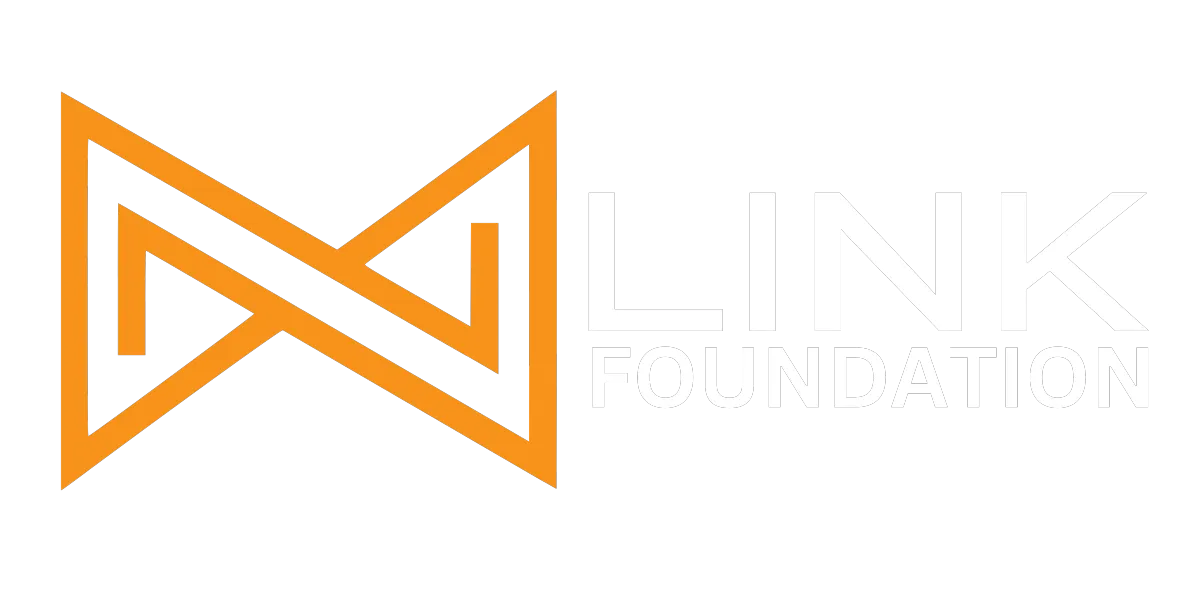
Human Ingenuity + AI: The Magic Spot
🎧 Listen to this article:
English
Spanish
⏱️ Estimated reading time: 5 - 7 minutes
Have you ever written something with ChatGPT, only to forget it moments later? If so, you’re not alone.
A recent MIT study found that using AI like a clutch for writing can make us forget what we wrote—even just minutes afterward.
In a world where artificial intelligence is increasingly everywhere, how can we use these powerful tools without letting our own minds atrophy? The answer is conscious, mindful use.
Don’t Use AI Mindlessly—Your Mind Matters
Our brains are a lot like our muscles. I know, I know—comparing your brain to a muscle is classic self-help 101. But clichés stick around for a reason: Ignore your mental workout, and you’ll feel it next time you try to lift a heavy idea.

Another way to understand the brain is to imagine it as a huge city full of roads—highways, winding backroads, narrow alleys, and old dirt paths. Each road represents something you’ve learned. The fast lanes? That’s your daily go-to knowledge. The overgrown side streets? The language you learned in high school and never practice again.
Forget to take those roads, and it’s not long before weeds pop up and you need a mental machete to get through. That machete? It’s your attention, intention, and effort.
Don’t take my word for it —try asking ChatGPT to explain neuroplasticity like you are 10 years old.
Remember when you used to know your family’s phone numbers by heart? Now, our phones remember for us. That’s not necessarily a bad thing—unless you’re stuck in an emergency without your phone, of course!
Letting technology handle the details can be a lifesaver, but some mental muscles are just too important to outsource. If we let our gadgets do all the heavy lifting, we risk losing what actually makes us human: reflection, creativity, curiosity, and even the simple joy of wrestling with an idea.

A recent MIT study suggests that heavy reliance on AI for cognitive tasks could impair learning, memory, and engagement, especially if used as a shortcut rather than a supplement.
In the study, 54 participants were split into three groups: one used ChatGPT, another used Google Search, and a third relied solely on their own thinking.
The findings were striking—those using ChatGPT showed the lowest brain activity and engagement, with reduced creativity, memory, and even a weaker sense of ownership over their work. These effects persisted even after they stopped using AI, suggesting a lingering “cognitive debt.”
Those who used Google Search had moderate brain activity, and those who use only their brains not only had stronger neural connections but also felt more satisfied and connected to their ideas.
The bottom line: while AI can boost efficiency, it may come at the cost of deeper learning and mental engagement —if we use it as a crutch instead of a tool for growth.
AI as a Crutch vs. AI as a Catalyst
Imagine riding a bike with training wheels forever. Sure, you won’t fall, but you’ll never learn to balance on your own. AI can be those training wheels—useful at first, but risky if you never take them off.

AI as a Crutch: Let AI do all the heavy lifting—coming up with the ideas, the words, the answers—so our minds go passive. Over time, our originality and critical thinking shrink.
AI as a Catalyst: Mix your own ideas, curiosity, and intentions and effort with AI, and you’ve got the ultimate brainstorming buddy—ready to riff with you, challenge your thinking, and help you level up faster than you thought possible.
The magic spot is when we use AI to expand on our thoughts—not replace them
Building Mental Hygiene in the Age of AI
Just like going to the gym, eating healthy, and taking vitamins have become mainstream, building healthy routines for your mind is next in line.
Very soon, flexing your mental muscles through daily habits that strengthen and protect your brain will be as ordinary as a morning workout or a multivitamin.
We could call it “mental hygiene”—and it might just be the next big wellness trend.
In the near future, making space for meditation, contemplation, creativity, journaling or reading will be as essential as physical workouts.
It’s about creating moments where your inner voice can be heard and your ideas can grow, before they’re filtered or shaped by algorithms

Habits for Conscious AI Use
Here are some practices that I’m starting to implement
Pause before prompting. Take a few minutes to think about what you really want to create or learn.
Journal. Write out your ideas, questions, or feelings before turning to AI for help.
Create before you consume. Whether it’s a sketch, a poem, or a business idea—try starting with your own creativity.
Schedule AI-free or screen-free time. Let your mind wander and process without digital input.
Use AI to challenge, not shortcut. Ask it to critique your ideas, play devil’s advocate, expand on your drafts—or throw back questions that push your thinking deeper.
These habits help me stay connected to my intentions, to my inner curiosities, desires, raw ideas —before letting AI join the conversation.
Human Ingenuity + AI: The Magic Spot
Let’s face it: a straight AI answer, no matter how well-structured, often lacks soul. On the other hand, human creativity is powerful on its own, but sometimes all it needs is a little nudge or a new perspective to really take off.
That’s where AI can step in—not to replace your spark, but to help it catch fire.
The real magic happens when we use AI to amplify our unique perspectives, curiosity, and intuition.

But here’s the catch: if we let AI do all the heavy lifting before we even check in with what we actually want to say or create, we risk losing touch with our inner voice. We stop asking, “What do I really think? What do I actually want?” and start copying whatever AI spits out. That’s not creativity—that’s autopilot.
So, pause before you prompt. Let your own mind take the first step. Then, invite AI in as a tool for expansion—not a substitute for your own voice.
The Future—Mindful Tech, Mindful Living
Our world is changing fast. Tech will keep advancing, and we’ll have to keep adapting. Adapting these days means taking care of your mind by finding a balance between technology, reflection, curiosity, and real human creativity.
AI isn’t going away—and it shouldn’t. Our challenge is to make it a tool for conscious growth, not convenience at the cost of our connection to ourselves.
If this resonates, check out our article "Art, Emotion & AI: The Human Soul in the Digital Mirror" for more on the intersection of technology and creativity.
Co-Create the Future with Us
Do you want to go further, learn how to use AI tools, and stay at the forefront of technology? Join the Link Foundation community. Subscribe to our Newsletter to receive educational resources, stay updated on upcoming events, and keep exploring these fascinating topics on our blog.
Your participation is key!
If our work resonates with you and you’ve found it valuable, we invite you to donate.





